News & Media
Unisa participates in SAQA conference as it marks 30 years of transformative NQF progress
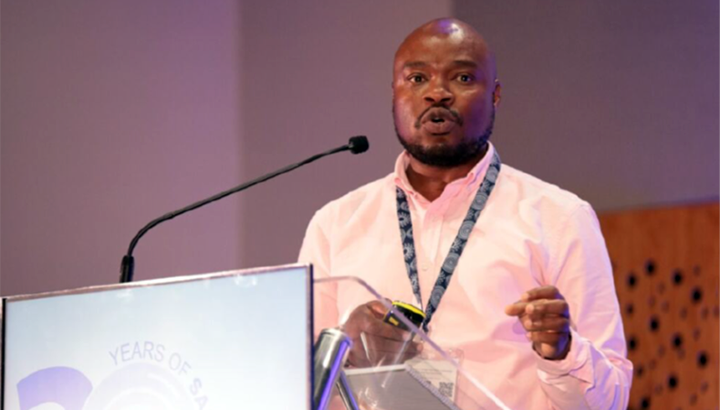
Dr Mutambuli Hadji during his presentation at the conference
The South African Qualifications Authority (SAQA) hosted its highly anticipated 30th anniversary National Qualifications Framework (NQF) Conference from 6 to 9 October 2025, celebrating three decades of progressive contributions to education, training and development in South Africa. Held under the theme Three Decades of Impact: Building an Inclusive, Quality-Assured Education and Training System, the conference brought together policymakers, academics, training providers and other key stakeholders from across the country.
In the lead-up to the main conference, a pre-conference workshop on recognition of prior learning (RPL) provided a vital platform to share cutting-edge RPL-related research, showcase innovative practices and engage in robust discussions on policy implementation. Local entities participating included the University of the Western Cape, Chartall College, the National Artisan Moderation Body (NAMB) and the Property Practitioners Regulatory Authority (PPRA). The international panel included the UNESCO Institute for Lifelong Learning, the State University of New York (SUNY), Lakehead University in Canada and the Ministry of Education, Kenya.
Themes that emerged included stronger collaboration between labour, sector education and training authorities (SETAs) and institutions, recognising worker-led and indigenous learning, building RPL practitioner capacity, and bridging the gap between curricula and workplace needs.
RPL in focus: Breaking barriers to access and success
One of the workshop’s key speakers, Dr Mutambuli Hadji, an RPL specialist from Unisa, offered critical insights into how RPL is operationalised in higher education, particularly at Unisa. He clarified the process for awarding credits for modules previously completed within Unisa qualifications, explaining that such recognition is subject to rigorous academic evaluation to ensure quality standards.
Delegates showed a keen interest in the academic performance of students admitted through RPL. In response, he shared encouraging data, noting that some RPL students outperform their traditionally admitted peers, with several even graduating with distinction. This, he said, underlines the value and potential of RPL as a tool for broadening access to higher education without compromising academic standards.
Questions were raised about the authenticity of RPL portfolios, with concerns regarding the verification of the experience and knowledge documented by applicants. Attendees were assured that Unisa maintains stringent verification processes. Lecturers are empowered to request interviews or additional supporting documents if they are not fully satisfied with the contents of a candidate’s portfolio.
Another point of concern related to the certification of RPL graduates. Some attendees asked whether graduates admitted through RPL receive certificates indicating their alternative admission route. It was clarified that certificates awarded to RPL graduates are identical to those given to students admitted through traditional admission routes, ensuring equity and minimising potential stigma.
Articulation to higher qualifications
A recurring theme at the conference was the progression of RPL graduates to higher NQF levels. Hadji explained that RPL candidates are subject to the same admission requirements as all other applicants when pursuing further qualifications. "There is no preferential treatment," he said, "but RPL opens the door to opportunities that might have otherwise been closed."
As SAQA celebrates 30 years of stewarding South Africa’s NQF, the conference served not only as a commemoration but also as a springboard for future innovation. With inclusive education and lifelong learning at the heart of SAQA’s vision, the discussions on RPL signal a renewed commitment to recognising diverse pathways to knowledge, and building a system where all learning counts.
* Submitted by the Department of Tuition Support and Facilitation of Learning
Publish date: 2025-10-29 00:00:00.0


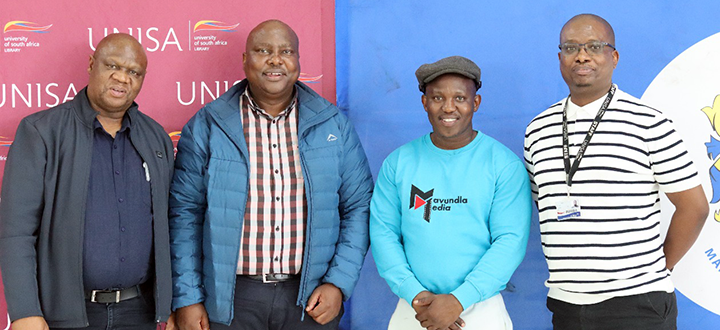 Unisa workshop nurtures talented young authors
Unisa workshop nurtures talented young authors
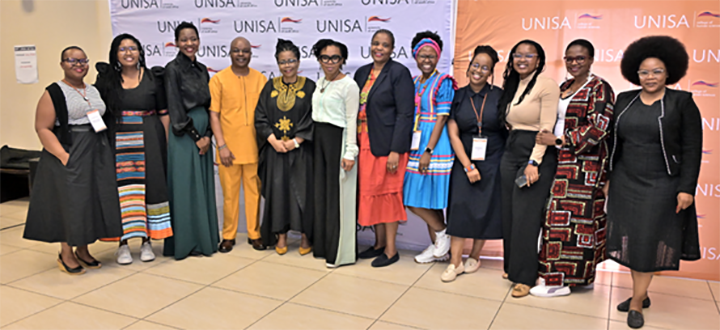 Unisa hosts symposium to champion Black African women's role in liberation and scholarship
Unisa hosts symposium to champion Black African women's role in liberation and scholarship
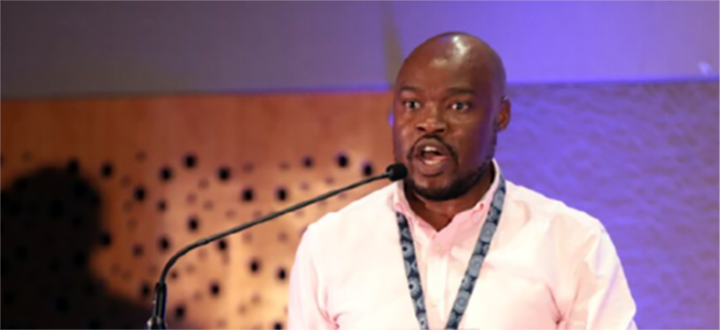 Unisa participates in SAQA conference as it marks 30 years of transformative NQF progress
Unisa participates in SAQA conference as it marks 30 years of transformative NQF progress
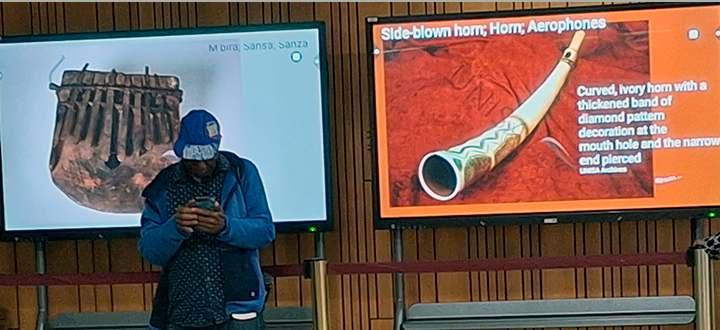 Unisa musical instruments exhibition strikes a powerful note
Unisa musical instruments exhibition strikes a powerful note
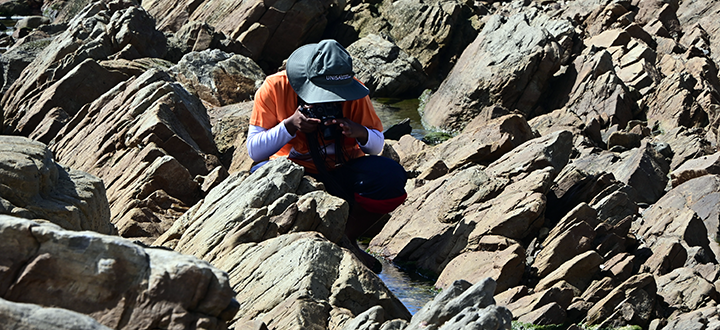 Unisa launches exciting photography competition
Unisa launches exciting photography competition